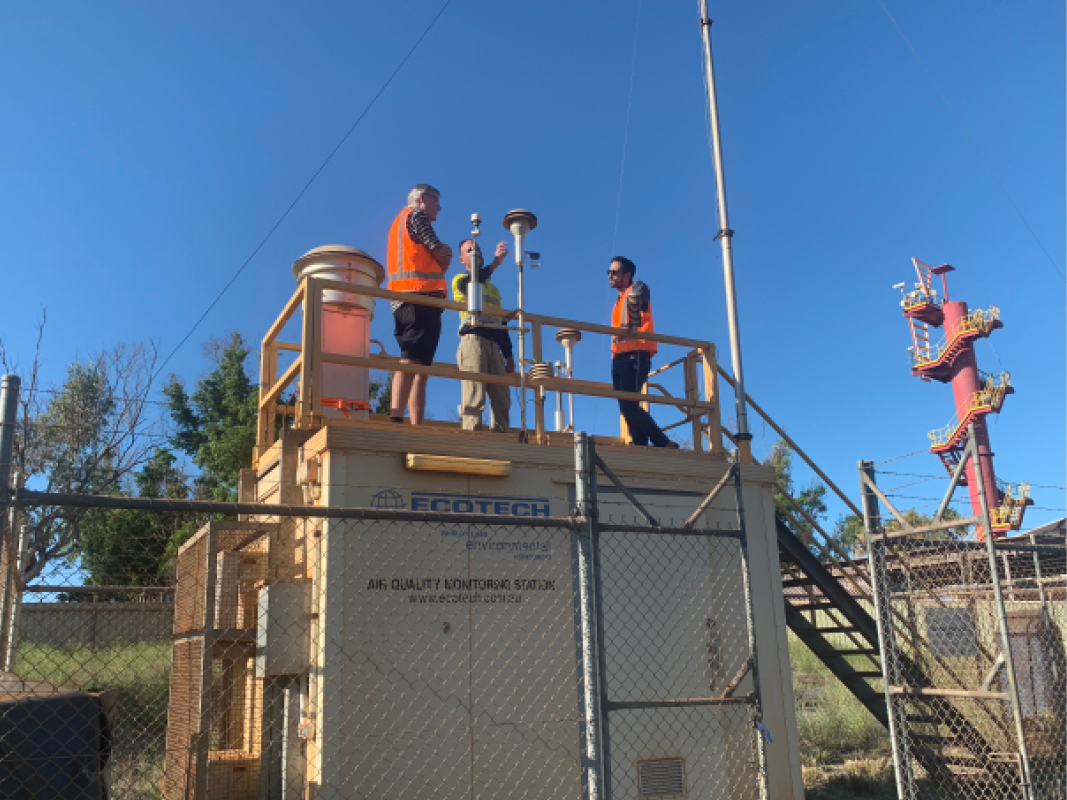Investigations into inconsistent readings at the Taplin Street monitor have concluded without finding a cause for the anomaly.
PHIC commissioned a series of checks of the Taplin Street monitoring unit in mid-2019 when it did not record any days above the 24-hour average interim guideline for PM10 of 70 μg/m³.
Those checks found no faults or anomalies. The inconsistent readings were confirmed after the 2018/19 Ambient Air Quality Monitoring Network annual report was published in November 2019, and when PHIC asked for a parallel monitoring unit to be installed at Taplin Street.
The discovery prompted further investigations including an analysis of Network data to determine the likely exceedances during 2018/19.
That analysis – the methodology for which has been presented to the Department of Water and Environmental Regulation – found that exceedances of the guideline during 2018-19 at Taplin Street were likely to be between 9 and 13.
The guideline allows for 10 exceedances a year to account for natural occurrences.
The analysis noted that 2018/19 was a year with high background dust levels.
Readings from BOM and Yule monitors (12km and 45 km from the Port of Port Hedland) indicated up to seven exceedances could be attributed to natural occurrences.
In such conditions it would be challenging for Taplin St to record exceedances against the interim guideline of 70μg/m3 within the 10 allowed for natural occurrences.
When the inconsistent readings were confirmed, investigations were commissioned to determine the cause, revalidate data from the Network, and assess the performance of Ecotech, which manages and maintains the Network on behalf of PHIC.
The US manufacturers found no faults with the Taplin Street equipment. Consultant GHD found that Ecotech had met or exceeded Australian Standards in its management of the Network.
PHIC believes that the Taplin Street monitors have been recording accurate data since 1 January 2020, when replacement monitors were installed.
PHIC Chief Executive Officer Kirsty Danby said she was disappointed the inconsistent readings had occurred, but that it was PHIC’s insistence on investigating the issue that uncovered the anomalies.
“PHIC takes its role in providing data from the Ambient Air Quality Monitoring Network seriously,” Kirsty said.
“We engage Ecotech, an appropriately qualified and experienced independent specialist air quality consultant, to operate and maintain the Network and generate fully validated monitoring data.”


